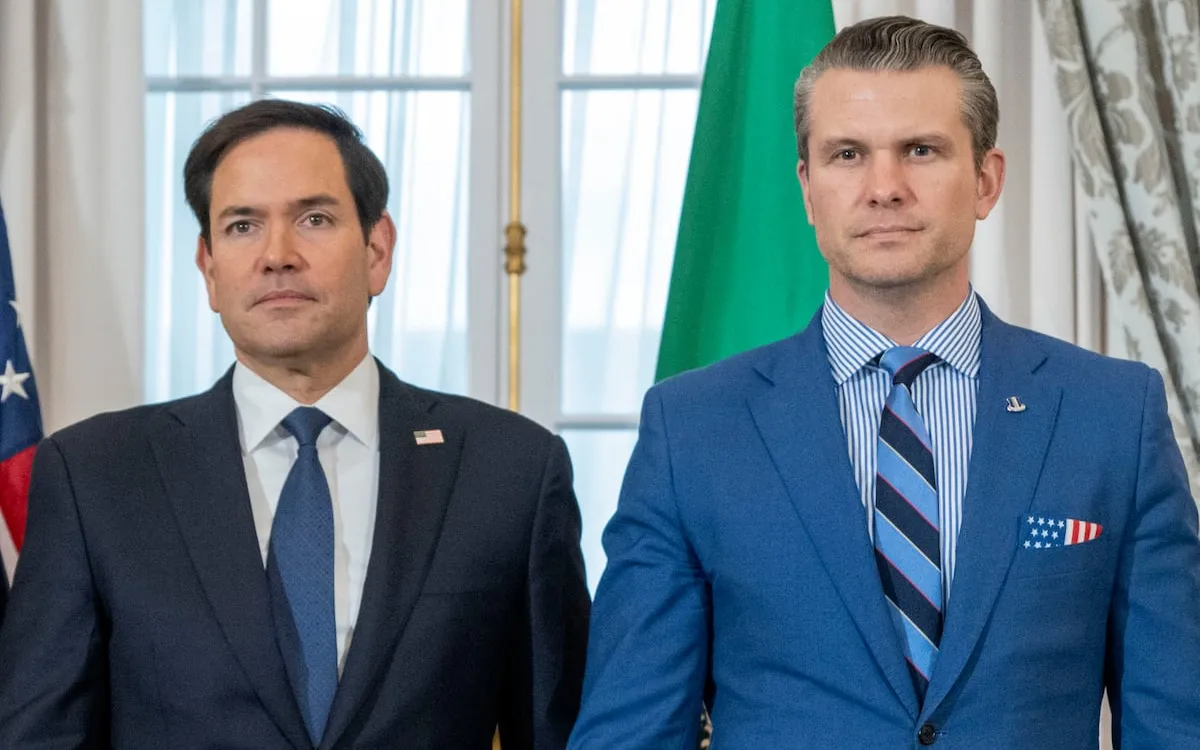
In a significant breach of protocol, senior national security officials coordinated airstrikes against Houthi targets in Yemen earlier this month through a group chat that inadvertently included Jeffrey Goldberg, the top editor of The Atlantic. This incident raises serious questions about adherence to federal laws and security protocols.
Goldberg detailed this unusual situation in an article published on Monday, titled “The Trump Administration Accidentally Texted Me Its War Plans.” He revealed that he was added to the secure messaging group on Signal, a privacy-focused messaging app, by an individual claiming to be Michael Waltz, who served as President Donald Trump’s national security adviser.
The group chat eventually grew to include high-ranking officials such as Defense Secretary Pete Hegseth, Vice President JD Vance, and Secretary of State Marco Rubio. According to Goldberg, the conversation contained critical information regarding the operational details of forthcoming strikes on Yemen. This included specifics about potential targets, the weapons the U.S. planned to deploy, and the sequencing of the attacks.
Goldberg noted that he became aware of the airstrikes more than two hours prior to their public announcement by government officials. He expressed concern that the information exchanged in the group chat could have been detrimental if accessed by U.S. adversaries, potentially endangering American military and intelligence personnel in the broader Middle East.
Earlier this month, U.S. military units executed strikes on over 30 targets in Yemen as part of an ongoing campaign against the Iran-backed Houthi rebels, a terrorist group responsible for disrupting international shipping for more than a year. The Defense Department has redirected inquiries regarding this incident to the National Security Council (NSC).
While the NSC did not immediately provide comments on the situation, spokesman Brian Hughes confirmed the authenticity of the reported message thread and stated that they are investigating how a journalist was mistakenly included in this sensitive communication. He emphasized that the thread exemplifies the “deep and thoughtful policy coordination” among senior officials.
Despite the assurances from Hegseth that they were “currently clean on OPSEC,” the accidental inclusion of a journalist in a conversation about sensitive military operations raises red flags about compliance with established protocols. Concerns were also raised regarding Trump’s strategy in the Middle East and the perceived inaction of European allies in the region.
Leo, a journalist with Military Times, covers Congress, Veterans Affairs, and the White House. He has been reporting from Washington, D.C., since 2004, specializing in military personnel and veterans policies. His extensive reporting has garnered numerous accolades, including a 2009 Polk award and a 2010 National Headliner Award.